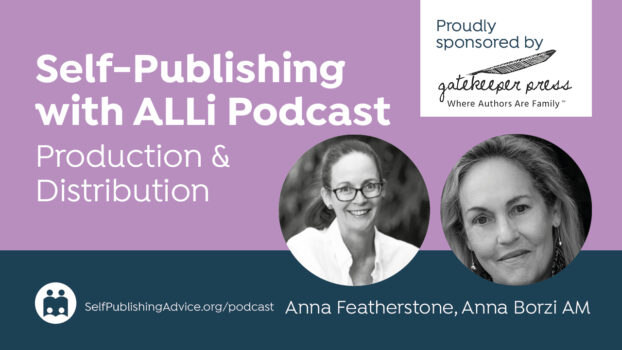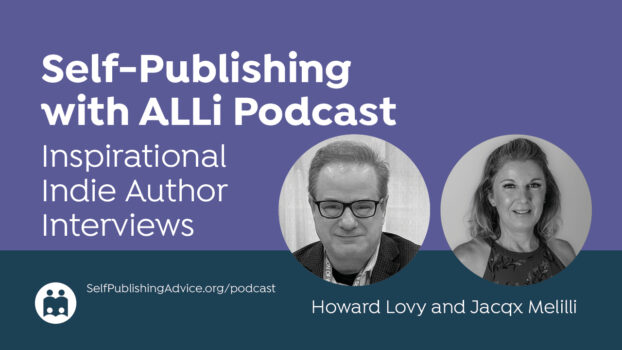A few weeks ago, I encouraged you to take part in the latest Written Word Media survey on the self-publishing landscape. Many of you, and other indie writers, did. And now the results are in. As always, I highly recommend you look at the full results. And, as always, I will bring you the highlights here.

ALLi News Editor, Dan Holloway
The respondents in this particular survey skewed heavily in a romantasy direction. Okay, that may be an unwarranted portmanteau in this case, but nonetheless both Romance clocked more than 20 percent of authors, and Fantasy more than 10 percent, claiming them as a primary genre. Nothing else crept much above five percent. That means every other figure needs to be taken in this context. That said, there was a specific note indicating that when it came to income, those figures didn’t tell the whole story, with cozy mystery pocketing some hefty returns.
Income vs. Titles Published
The section I found not so much interesting as eye-watering was the breakdown of titles published measured against income. Authors in the highest earning bracket (more than $20,000 a month) had published an average of sixty-one books. While there was a general trend toward more titles equaling more income, that trend had a whopping baseline. In the $1,000-$2,500 a month bracket, authors had thirty-plus titles under their belt.
Another surprising figure was the prevalence of audiobooks. While almost everyone’s books were available in ebook and paperback format, half of the authors had books available in audio.
The Importance of Kindle Unlimited
And finally, something I want to take a deeper dive into for this week’s podcast, but will mention now: There are some very interesting correlations between income and how much writers are spending on editing and cover design. The gloss of the survey is that higher earnings come from a general professionalism and attention to detail. And I think that’s sound reasoning. But it is not fully clear from the figures which way the causation works, and at what point, or whether, it flips. That is, do people earn less because they spend less, or spend less because they earn less?




